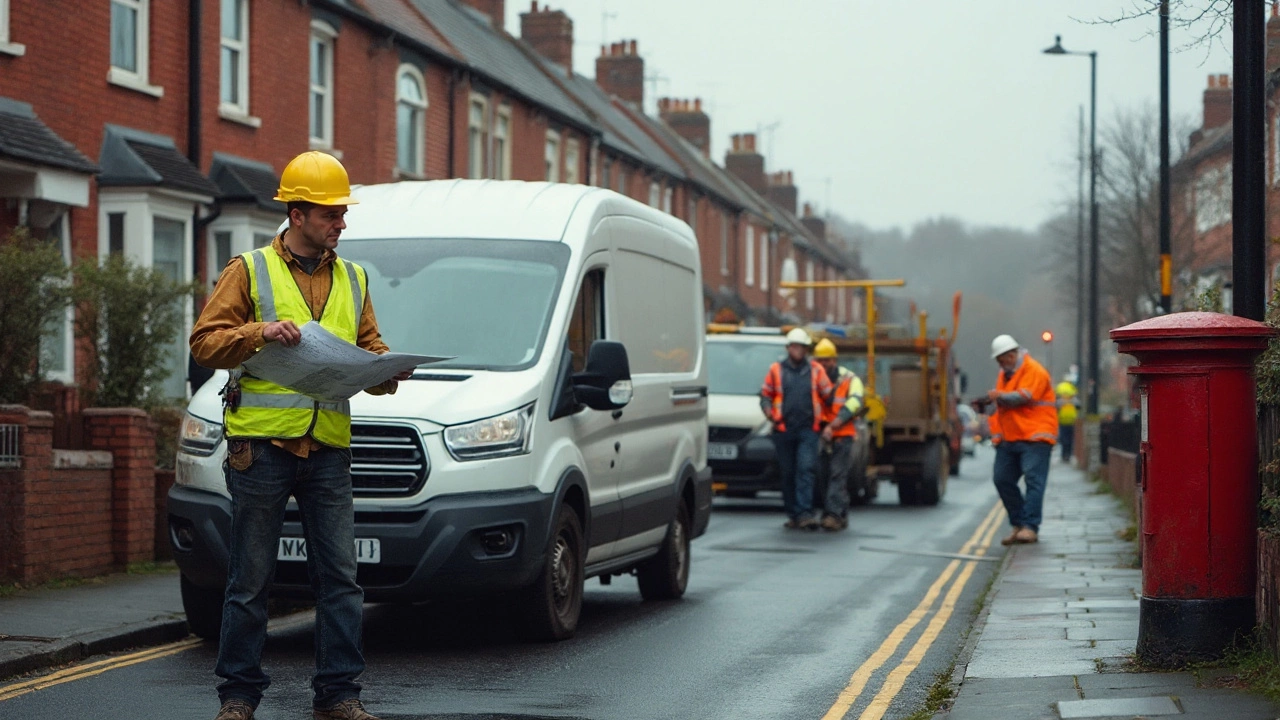Building Contractor: What You Need to Know Before You Hire
Thinking about adding a conservatory, extending your kitchen, or fixing a cracked foundation? The person who makes it happen is the building contractor. Knowing how they work, what to expect, and how to pick a good one can save you time, money, and headaches.
What does a building contractor actually do?
A building contractor manages the whole construction process. They arrange labour, order materials, get permits, and keep the site safe. Whether it’s a single‑storey garden room or a full‑scale house build, the contractor coordinates plumbers, electricians, carpenters, and any specialist trades. In short, they turn plans on paper into walls and roofs.
How to choose the right contractor for your project
Start by asking for references and checking online reviews. A reputable contractor will have a portfolio of completed jobs and can show you before‑and‑after photos. Next, ask for a detailed quote that breaks down labour, materials, and any subcontractor fees. Compare at least three quotes and look for hidden costs, such as site clean‑up or waste disposal.
Don’t forget to verify insurance and licence status. In the UK, a contractor should hold public liability insurance of at least £2 million and, if they employ staff, appropriate employer’s liability cover. Ask to see certificates before signing any contract.
When you meet the contractor, gauge their communication style. Do they answer questions clearly? Are they willing to explain the work schedule and milestones? Good communication reduces mis‑understandings and keeps the project on track.
Budgeting is another key step. Ask the contractor how they handle changes or unexpected issues. A transparent change‑order process means you’ll know the cost impact before work begins. Remember that cheap isn’t always better – the lowest bid may cut corners on materials or workmanship.
Legal paperwork can feel overwhelming, but it protects both parties. Make sure the contract includes a clear scope of work, payment schedule, completion date, and warranty details. For extensions, check that the contractor understands permitted‑development rules so you don’t need extra planning permission.
A typical building project follows a clear timeline: design, planning, procurement, on‑site work, and handover. During the on‑site phase, the contractor should give weekly updates and a visual progress log. If you notice delays, ask for a revised schedule and learn the cause – it could be weather, material shortages, or design changes.
Our tag page gathers articles for each stage. Want to know how far you can extend a house without planning permission? See the “How Big Can You Extend Your House Without Planning Permission?” guide. Need foundation crack advice? We have posts on safe widths and when to call a structural engineer. Curious about the best cement for repair? Check the “Best Cement for Foundation Repair” article.
Bottom line: a solid building contractor partnership relies on clear expectations, proper paperwork, and realistic budgeting. Use the resources here to ask the right questions and avoid common pitfalls. When you feel confident about the contractor’s experience and terms, you’re ready to start turning your home improvement ideas into reality.




